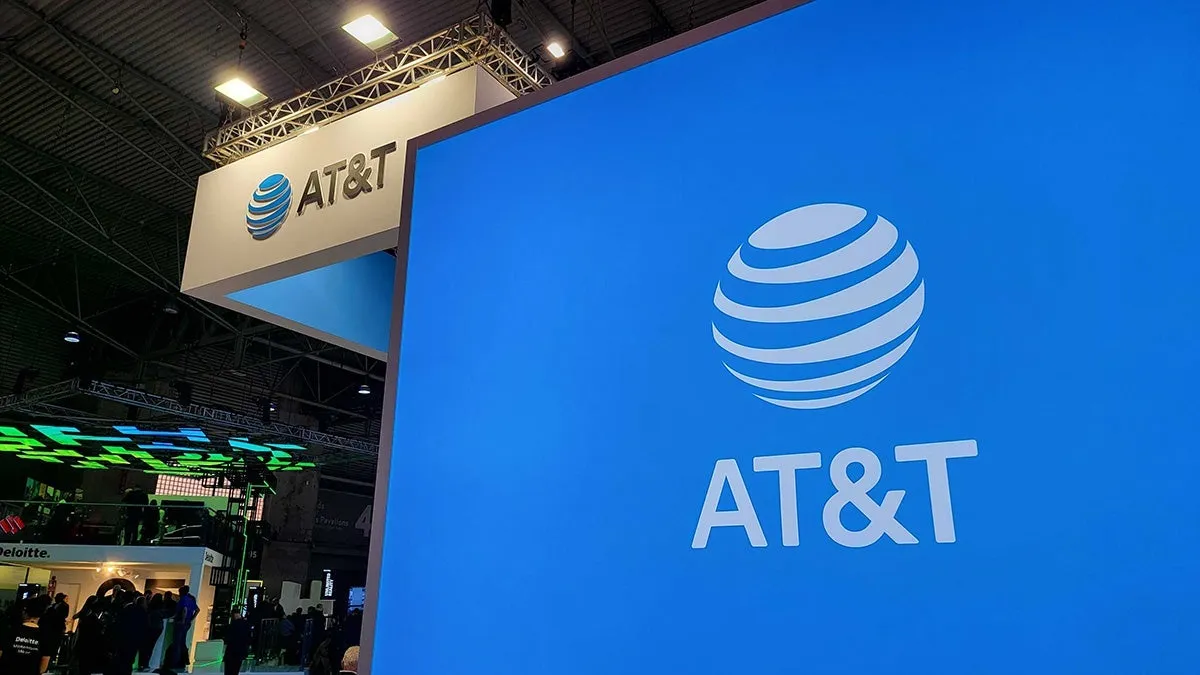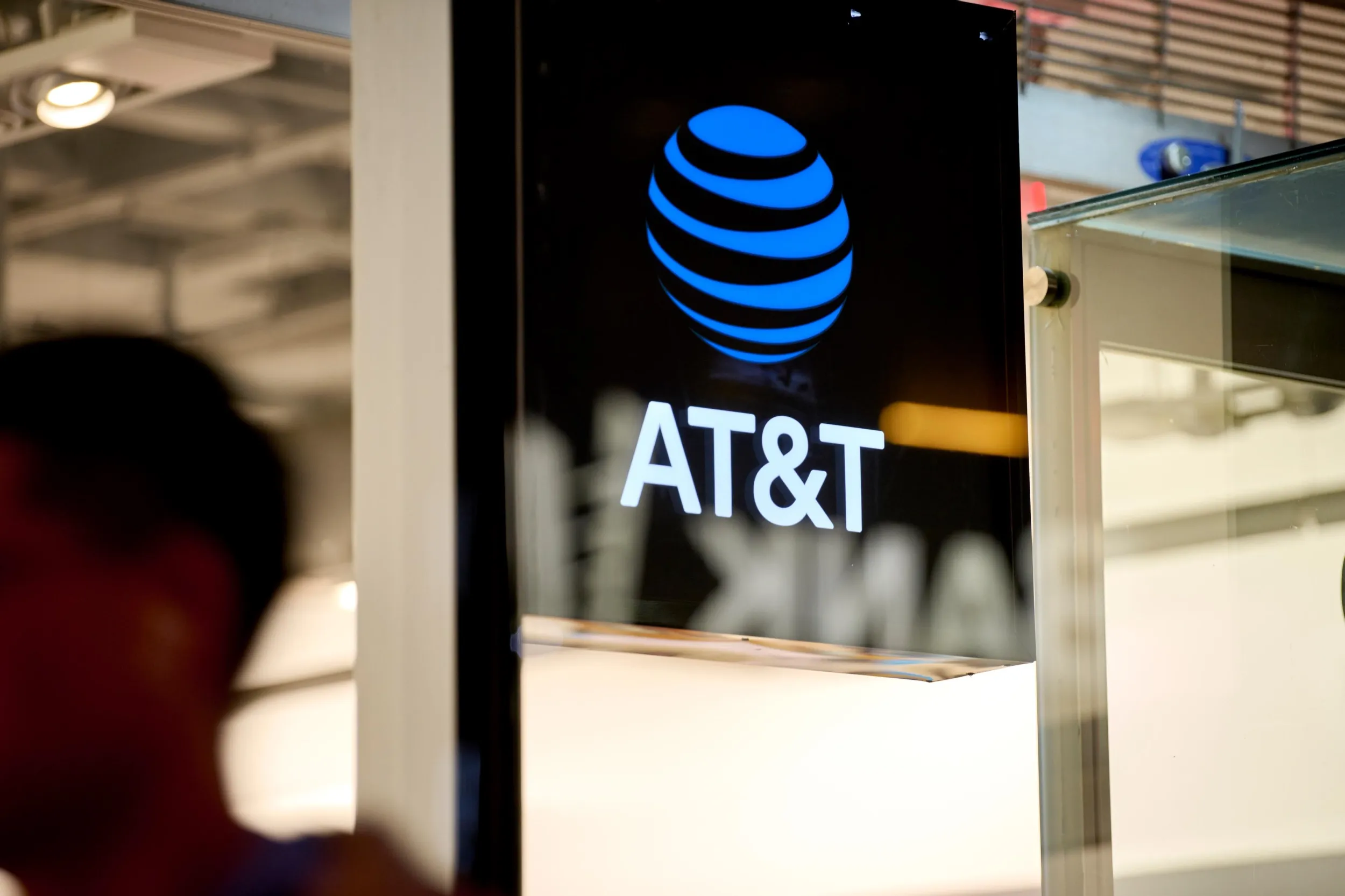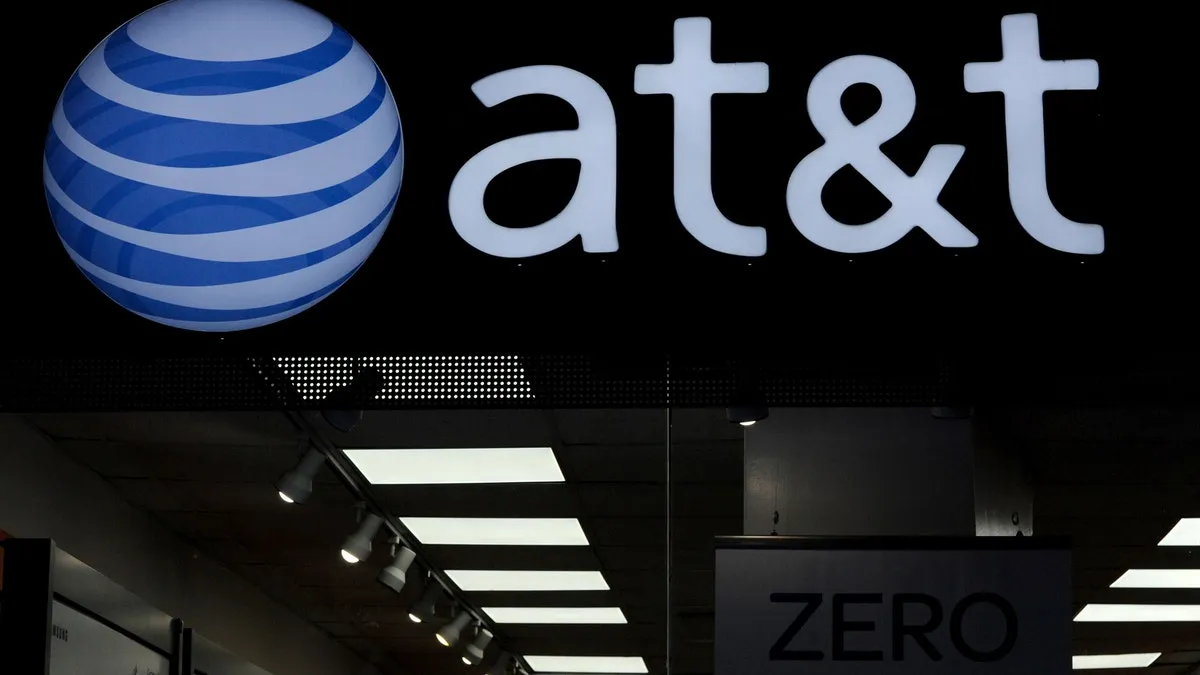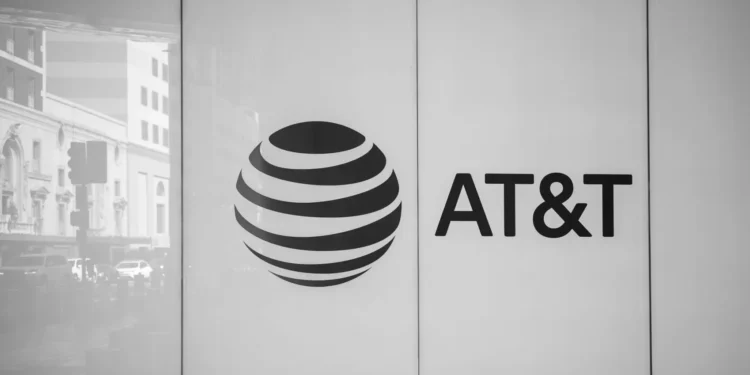In a move that has resonated across the telecommunications industry, AT&T has officially ceased offering its 5G home Internet service, AT&T Internet Air, in New York. This decision comes in response to the enforcement of New York’s Affordable Broadband Act, which mandates ISPs with over 20,000 customers to provide internet plans at drastically reduced prices to low-income households. The law, which kicked off enforcement recently, has been met with considerable pushback from service providers, including AT&T.

The company stated, “New York’s broadband law imposes harmful rate regulations that make it uneconomical for AT&T to invest in and expand our broadband infrastructure in the state.” Consequently, as of January 15, 2025, AT&T has withdrawn its fixed-wireless internet service from the state’s market. This development follows a protracted legal dispute that saw the law initially blocked by a federal judge in 2021, only to be reinstated by a US appeals court in April 2024, with the Supreme Court declining to intervene last month.
The Economic Implications of the Affordable Broadband Act
Under the new law, ISPs like AT&T are required to offer broadband services at $15 per month for plans with minimum download speeds of 25Mbps, or $20 per month for 200Mbps, to eligible low-income households. These households include those qualifying for benefits like the National School Lunch Program, Supplemental Nutrition Assistance Program, or Medicaid.

AT&T’s decision to exit New York’s home internet market underscores a significant standoff between public policy aimed at increasing internet accessibility and the operational strategies of major ISPs. The company argues that the imposed rates under the new mandate do not justify the economic costs of providing service, especially in areas outside its primary wireline footprint, which includes New York.
Impact on Customers and Future of Broadband in New York
The withdrawal of AT&T Internet Air leaves existing customers in a precarious position, with the service only continuing for a transitional period of 45 days, during which it will be provided free of charge. After this period, customers are expected to find alternative broadband providers. AT&T has committed to aiding customers during this transition and will provide a recovery kit with instructions for returning their AT&T Internet Air equipment. Business customers, however, will be allowed to retain any purchased devices at no additional cost.

Looking forward, the landscape of broadband access in New York will undoubtedly be shaped by the responses of other major ISPs to the Affordable Broadband Act. While AT&T has chosen to pull out from the home internet market, the actions of other providers could either bolster the state’s goals of expanding internet accessibility or lead to further conflicts and service withdrawals.










